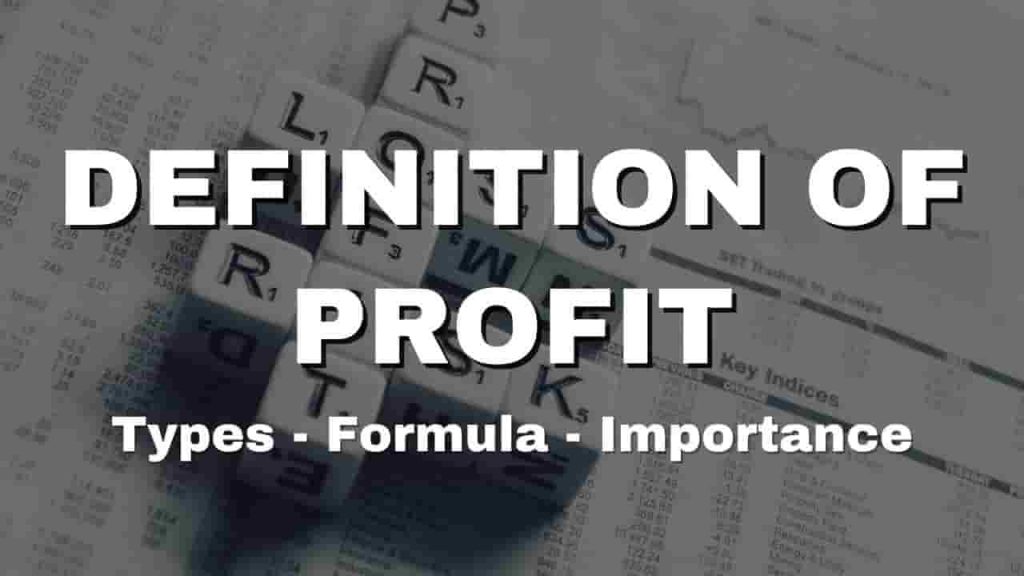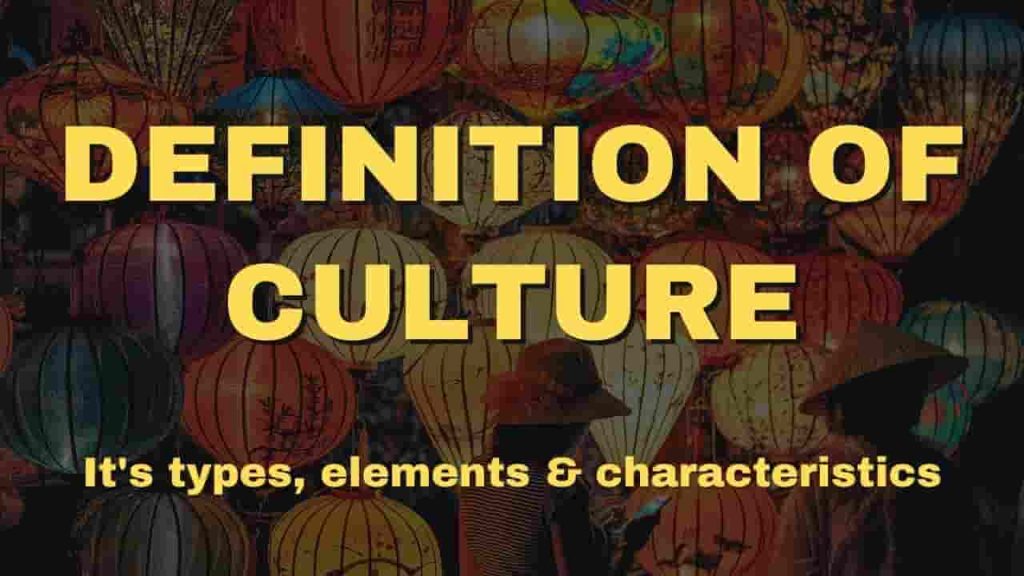Definition of Democracy
Literally, the meaning of democracy is rule by the people. The term is derived from the Greek word dēmokratiā, which was devised from dēmos (“people”) and Kratos (“rule”)
What is Democracy?
Democracy is a system of government in which laws, policies, leadership, and major undertakings of a state are directly or indirectly decided by the people.
Definition of democracy by Abraham Lincoln
Democracy is the government of the people, by the people, and for the people.
Abraham Lincoln
Types of Democracy:
- Participatory Democracy
- Representative democracy
- Direct Democracy
- Parliamentary Democracy
Participatory Democracy
Participatory democracy or participative democracy is a process of emphasizing the broad participation of constituents in the direction and operation of political systems. According to Etymological roots of democracy (Greek demos and Kratos) imply that the people are in power and thus that all democracies are participatory. Simply, in which citizens have the power to decide directly on policy and politicians are responsible for implementing those policy decisions.
Representative Democracy:
Representative Democracy is also called indirect democracy –is where citizens choose others to represent them, making important decisions on their behalf. In a representative democracy, representatives are elected by the people to represent them and making important decisions on their behalf. Australia is a representative democracy.
Direct Democracy:
Direct democracy is also called pure democracy. It is the direct participation of citizens in democratic decision making, in contrast to indirect or representative democracy. In a direct democracy, such as ancient Athens, all citizens (only adult males who had completed their military training, however women, slaves, and plebs were not citizens) are invited to participate in all political decisions. This form of democracy is no longer in practice today. In this form of democracy, citizens were continuously involved in the exercise of power and decision is by the majority rule.
Parliamentary Democracy:
Parliamentary democracy is a democratic form of government. It is a system of government in which citizens elect the representatives to a legislative parliament to make the necessary laws and decisions for the country. This parliament directly represents the people. In which the party with the greatest representation in the parliament or legislature forms the government and a party leader becoming prime minister or chancellor. The parties in the minority serve in opposition to the majority party and have the duty to challenge it regularly.
Example of Democracy:
An example of democracy in the United States, where people have political freedom and equality.
Characteristics of Democracy:
Elected representative: Democracy is the government in which power and civic responsibility are exercised by all adult citizens through their freely elected representatives.
Civil liberties: Democracies understand that one of the prime functions is to protect such basic human rights as freedom of speech and religion, also the opportunity to organize and participate fully in the political, economic, and cultural life of society.
Independent judiciary: Judicial independence is the ability of courts and judges to perform their duties free of influence or control by other parties, whether governmental or private.
Organized opposition party: An organized opposition party is an essential part of democracy as it keeps a check on the government.
Rule of Law: Rule of law prevails in a democracy that no one is above the law. It is the right to equal protection under the law. The law is supreme and all citizens are equal in the eyes of the law.
Democratic Government:
It is the government in which power and civic responsibility are exercised by all adult citizens through their freely elected representatives. It rests upon the principles of majority rule and individual rights. Democracy guards against all-powerful central governments and decentralizes government to regional and local levels, understanding that all levels of government must be as accessible and responsive to the people as possible.
Democracies understand that one of the prime functions is to protect such basic human rights as freedom of speech and religion, also the opportunity to organize and participate fully in the political, economic, and cultural life of society.
Democracy Vs. Republic
The difference between a democracy and a republic is that a republic is a form of government whereas democracy is an ideology that helps to shape how a government is run. In another word, a republic is the system of government that allows a country to be democratic! So the terms “democracy” and “republic” interchangeably, aren’t exactly the same thing.
For more click here and if you are looking for full forms of different acronyms and words then check out this list you really gonna find this helpful. We also have an Essay on every topic, Check the complete list here. If you are Studying in Matric Free Video Lectures of Maths, Physics and English are here, and we have got you covered for I.COM Business Maths also.




